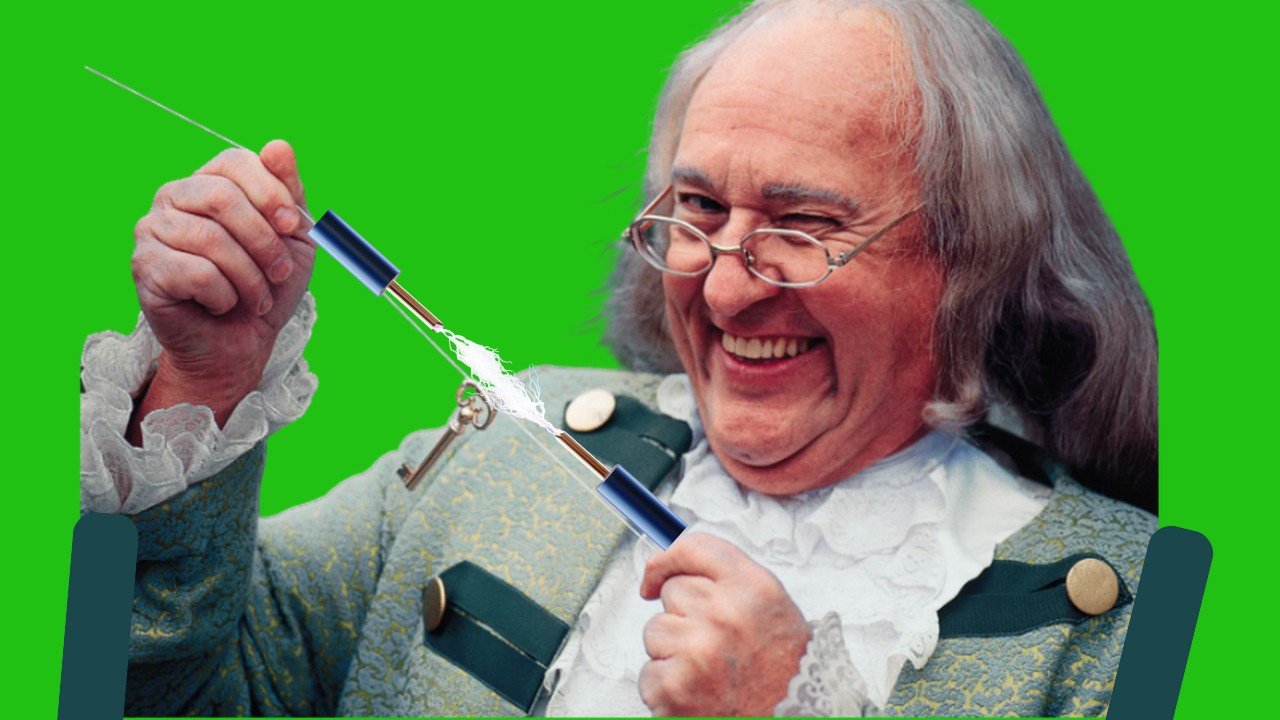In our quest to illuminate the origins of electricity, we delve into the annals of history, unearthing the pivotal moments and the brilliant minds that contributed to this groundbreaking discovery. The question, Who discovered electricity? is a complex one, as it is not the product of a single eureka moment, but rather a series of significant breakthroughs that spanned centuries and continents.
The ancient Greeks, as early as 600 BC, were the first to observe the mysterious phenomenon of static electricity, noticing that rubbing amber against fur resulted in an attractive force. However, it was not until the 17th century that the English scientist, Sir Thomas Browne, first coined the term ‘electricity’ to describe this phenomenon.
The 18th century marked a pivotal era in the understanding of electricity, with the renowned American polymath, Benjamin Franklin, conducting his famous kite experiment in 1752. Franklin’s audacious experiment, which involved flying a kite during a thunderstorm, demonstrated that lightning and electricity were one and the same. This was a monumental revelation that paved the way for the invention of the lightning rod, a device that protects buildings from lightning strikes.
The subsequent century witnessed the groundbreaking work of the Italian physicist, Alessandro Volta, who invented the voltaic pile in 1800. This was the first electric battery capable of providing a continuous electric current to a circuit. Volta’s invention was a significant milestone that ushered in a new era of electrical technology.
The 19th century was a period of rapid advancements in the field of electricity. The English scientist, Michael Faraday, made a seminal contribution with his discovery of electromagnetic induction in 1831. Faraday’s law of electromagnetic induction, which states that a change in magnetic field within a closed loop of wire induces an electromotive force, is a fundamental principle that underpins the operation of modern electric generators and transformers.
In the same century, the American inventor, Thomas Edison, made a profound impact with his invention of the practical electric light bulb in 1879. Edison’s invention revolutionized the world, heralding the advent of electric power that has since become an indispensable part of our daily lives.
In conclusion, the discovery of electricity was not the work of a single individual, but rather a collective endeavor that spanned centuries. It is a testament to the relentless pursuit of knowledge and the indomitable spirit of human curiosity. As we stand on the shoulders of these giants, we continue to explore and innovate, pushing the boundaries of what is possible in the realm of electricity.
About Benjamin Franklin
We delve into the life of Benjamin Franklin, a man of many talents and accomplishments. Born in Boston on January 17, 1706, Franklin was the fifteenth of seventeen children. Despite his humble beginnings, he rose to become one of the most influential figures in American history. His contributions spanned a wide range of fields, from politics and science to literature and philosophy.
As a statesman, Franklin played a pivotal role in shaping the United States. He was one of the five drafters of the U.S. Constitution and a signatory of the Declaration of Independence. His diplomatic skills were instrumental in securing French support during the American Revolution, a factor that significantly contributed to the victory of the American colonies against British rule.
In the realm of science, Franklin is best known for his experiments with electricity. His famous kite experiment in 1752, where he flew a kite during a thunderstorm, led to the invention of the lightning rod, a device that protects buildings from lightning strikes. This experiment not only demonstrated that lightning is a form of electricity but also marked a significant advancement in the understanding of electrical phenomena.
Franklin’s literary contributions are equally noteworthy. His autobiography, published posthumously, remains one of the most widely read and influential memoirs in American literature. His Poor Richard’s Almanack, published annually from 1732 to 1758, was renowned for its witty sayings and practical advice, many of which are still quoted today.
As a philosopher, Franklin espoused values of thrift, hard work, education, and community spirit. These values, which came to be known as the “American Dream,” have had a profound impact on American society and culture.
In addition to his many accomplishments, Franklin was also a noted inventor. His inventions, which include the Franklin stove, bifocal glasses, and the glass armonica, reflect his innovative spirit and practical mindset.
In conclusion, Benjamin Franklin’s life and achievements embody the spirit of American ingenuity and enterprise. His contributions to various fields have left an indelible mark on American history and continue to inspire generations. As we delve deeper into his life, we gain a greater appreciation for this remarkable man and the legacy he left behind.










